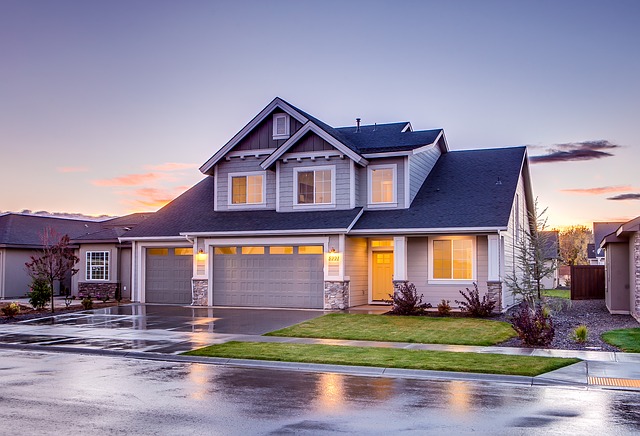
Your home is your castle, but it’s not invincible. From severe weather events to a house fire, there are many ways that your home can wind up damaged or even destroyed. In the worst-case scenario, you need to be prepared to file an insurance claim.
Your insurance policy is in place to help you recover and rebuild. In the wake of a fire or flood, your insurance coverage may be the only way you can restore your home and move forward with your life.
But the process is not as straightforward as the insurance company handing you a blank cheque. There will be expenses you have to cover out of your own pocket, even with the most comprehensive insurance policy.
The most important information about fire insurance coverage you need to know is what your policy covers.
#1 Structure
Structure is a crucial element of your coverage. This covers the cost to repair your home, as well as any other damaged structures on your property, such as a garage or shed.
This is not the same as the market value of your home. It’s a common misconception and one that can lead to confusion when it comes time to make a claim. The money you receive will be based on a contractor’s quote, often a contractor who regularly works with the insurance company.
#2 Contents
Another important portion of your policy covers your lost and damaged possessions. This includes everything from electronics to clothing to food. You will assist the Insurer with creating a Schedule of Loss that lists all of your lost belongings. If you can find receipts or other evidence to prove their cost, it may help ensure your settlement is accurate.
Keep in mind that not all of your valuables are necessarily covered completely. Your policy likely contains sub-limits for certain specialty property, such as art or jewelry. Learn more about insurance misconceptions to make sure you’re not making an expensive assumption.
#3 Additional Living Expenses
These are the extra costs you have to pay for shelter, food, transportation, and storage while you are unable to use your home. Costs like a hotel room, a rental, extra gas due to a longer commute, and takeout costs are covered by this section.
When You Have to Pay
There are two reasons you may have to pay out of pocket even with insurance:
● You have to pay a deductible before your coverage kicks in to discourage minor claims. Many homeowners raise their deductible to save money but don’t save enough to cover them.
● Your coverage limits are too low, and you are under-insured. When you buy expensive personal belongings or renovate your home, you should update your policy.
Review your insurance policy to make sure you can pay deductibles and check against underinsurance. You may even want to get quotes for construction costs in your neighborhood to compare against your Structure coverage.
Tags: home insurance


